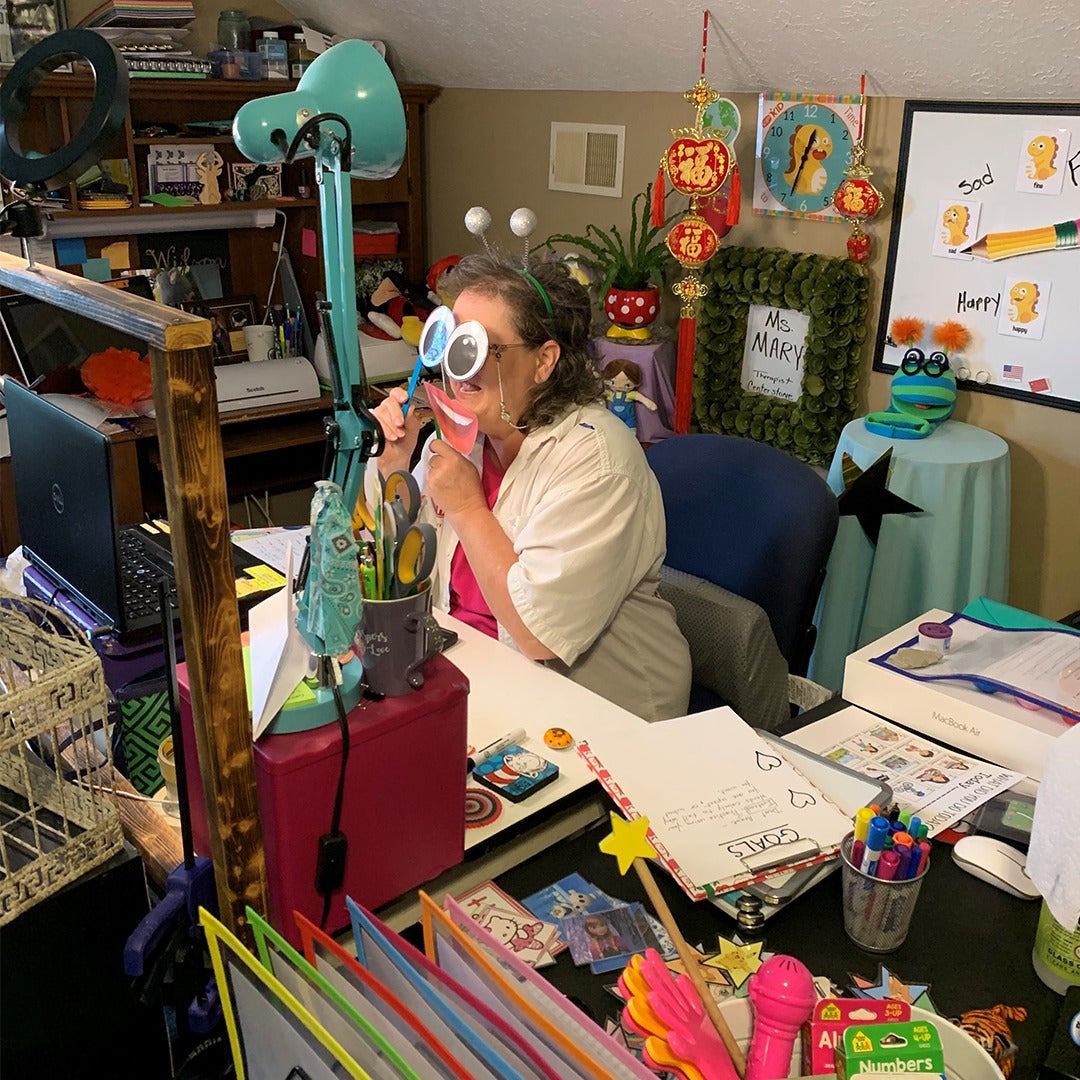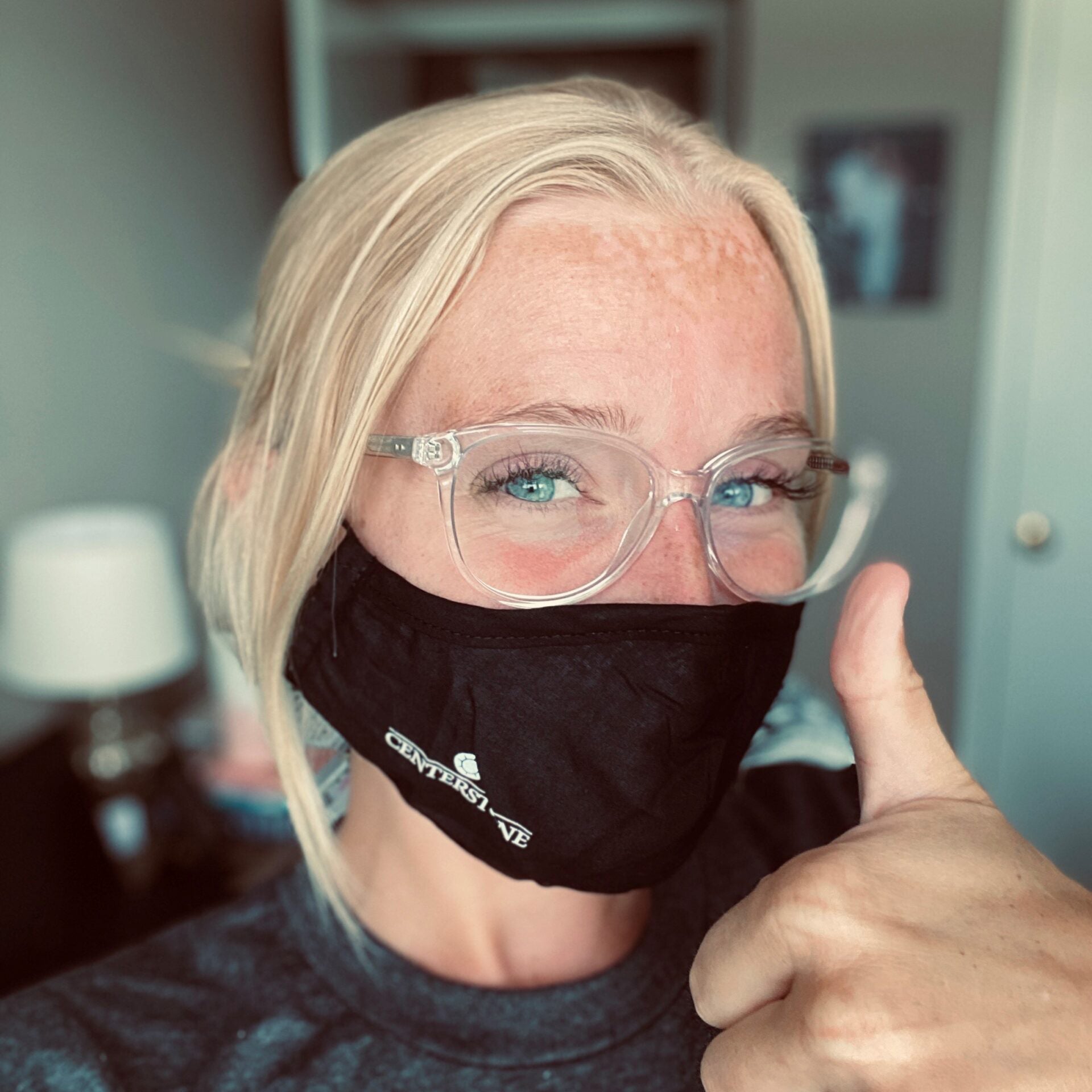
Centerstone staff member masking up and working from home

Inside Centerstone’s Recovery Transitional Housing in Columbus, Indiana
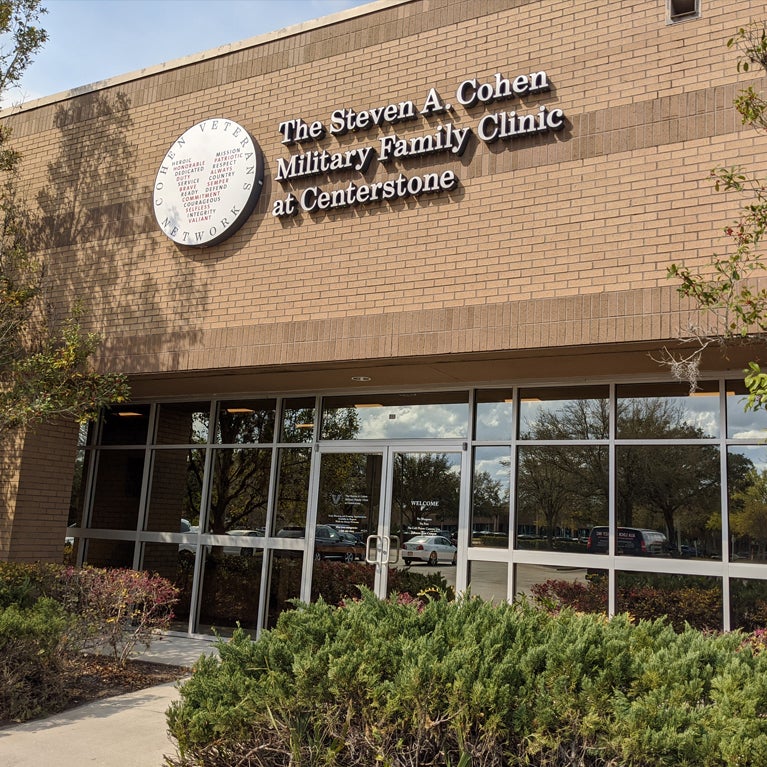
Cohen Veterans Network Clinic in Jacksonville, Florida
Growth and Vision
Centerstone’s story has undoubtedly been one of growth. It was just 15 years ago that we were a regional mental health agency operating entirely in the Middle Tennessee area. We had a workforce of 1,000 people and served approximately 50,000 clients annually. Today, we look much different. We have 3,800 dedicated staff members working in multiple states, and they come to work each day ready to serve the more than 140,000 people who rely us on for their care.
But Centerstone doesn’t grow without meticulous thought and consideration. Before we grow, before we look at expansion into new communities or developing new service lines, we always ask ourselves, “how can we take care of our current clients, our staff, and our communities?” That is and always has been our primary focus. We grow to better serve those who need us!
Over the past year, we have grown in some particularly important areas, most notably in the area of telehealth or care delivered via electronic communication channels, such as telephone or video. Prior to the start of the COVID-19 pandemic, fewer than five percent of Centerstone’s total services were delivered via telehealth. Thanks to a huge lift from our staff, especially those working in information technology, we are now delivering tens of thousands of services each week via telehealth — making up nearly 60% of our total services. We expect for telehealth to become a much larger part of our everyday offerings as we progress into 2021 and beyond.
Of course, telehealth doesn’t just happen on its own. In the midst of the global pandemic, Centerstone’s national policy team advocated tirelessly for relaxed governmental restrictions around the use of telehealth, allowing for us to further the use of this technology while still being compensated for delivering care. Centerstone’s Research Institute played a crucial role, as well. This team of dedicated scientists, researchers, and behavioral health experts developed a series of evidence-based trainings to coach our clinicians in utilizing telehealth—these trainings included information on incorporating telehealth into suicide screenings, engaging with children & youth, and group sessions. Further, they undertook a major analysis of early telehealth survey results to find a majority of Centerstone clients enjoy receiving care via telehealth and their health outcomes are on par with the outcomes seen with care delivered in a more traditional, in-person setting.
As rates of substance use disorders continue to climb, we have grown our offering of full-service residential addiction treatment over the past year. Centerstone’s Fellowship House Campus in Illinois joined our organization this year and is already busy providing a safe environment and a full spectrum of services to people who suffer with substance use disorders and co-occurring problems. In Indiana, we expanded Centerstone’s Recovery Transitional Housing (CRT) program with two new locations, one in Bedford and one in Columbus.
Another key area of growth has been expanding the availability of services to our nation’s heroes — our veterans, active duty military personnel, and military family members. We know this is a population that needs our help as it is estimated that more than 20 veterans die by suicide each day. Centerstone is fortunate to have recently expanded its partnership with Cohen Veterans Network to open a new clinic in Jacksonville, Florida, that will serve post-9/11 veterans and their families. We also were able to expand the reach of our military services into new geographic areas—notably the St. Louis, Missouri, area which is home to tens of thousands of veterans and active duty personnel.
The needs for mental health and substance use treatment continue to pose challenges in all of our communities. We are committed to growth that continues to strengthen and expand the access of the services available to those in need.
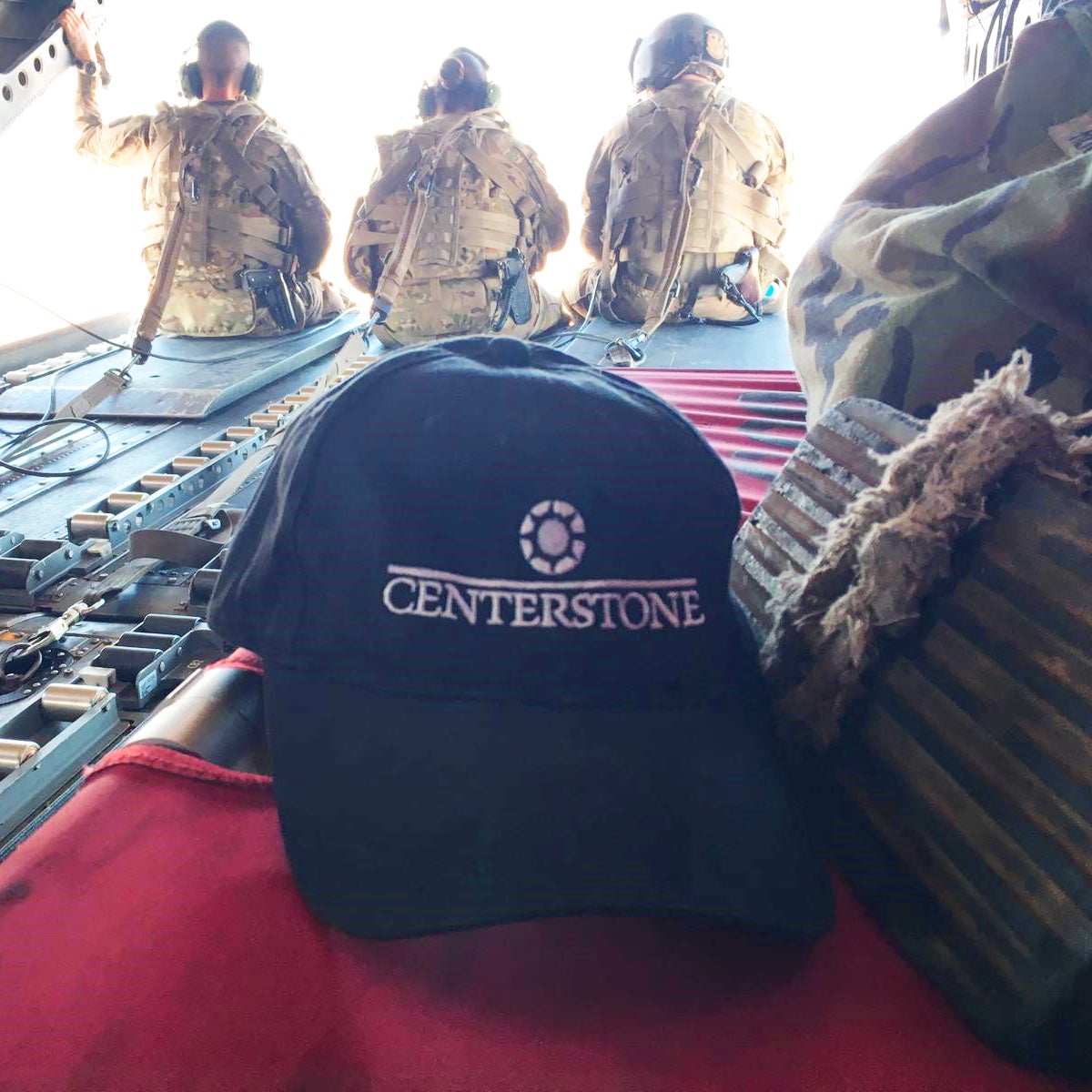
Active-duty soldiers with Centerstone baseball cap
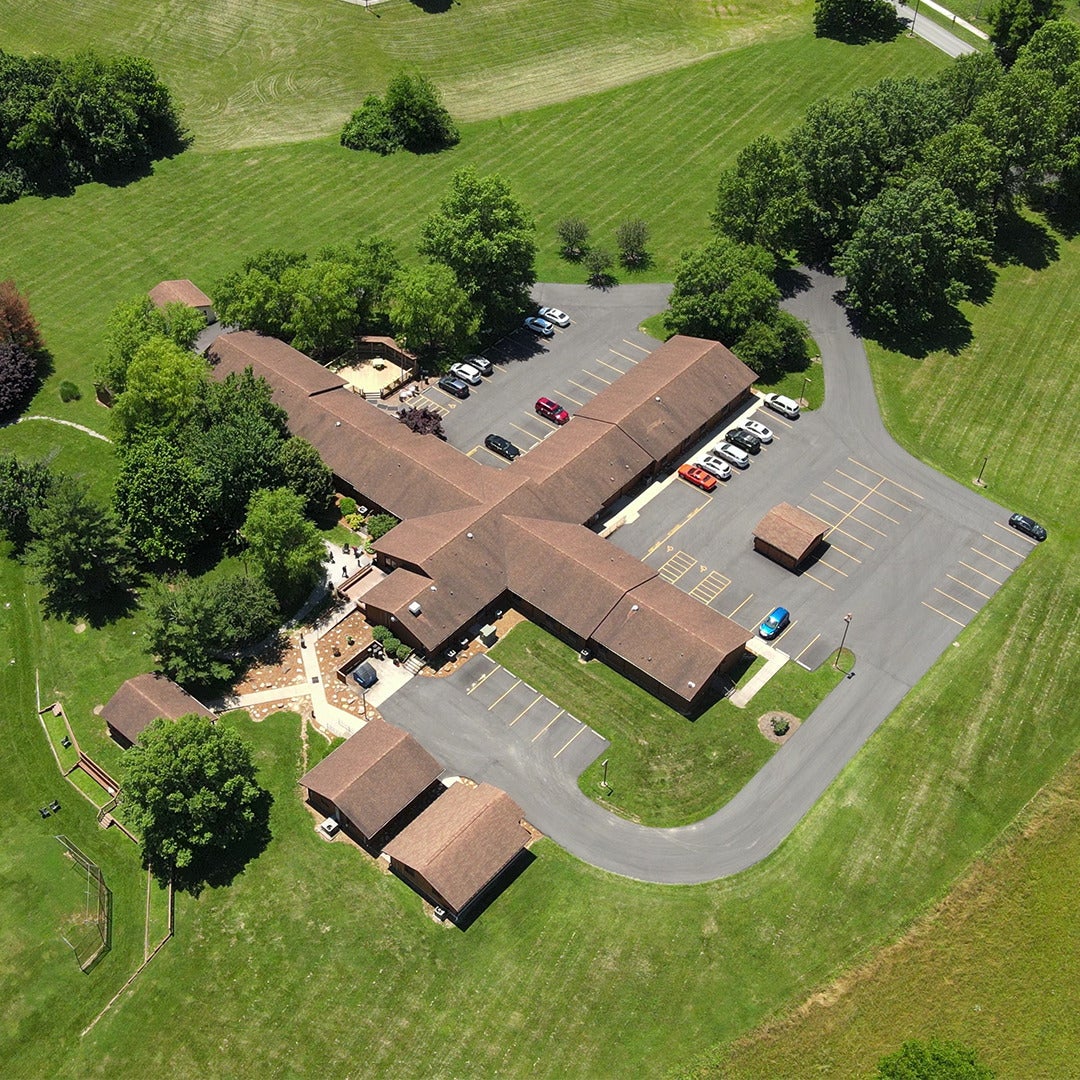
Fellowship House Campus
